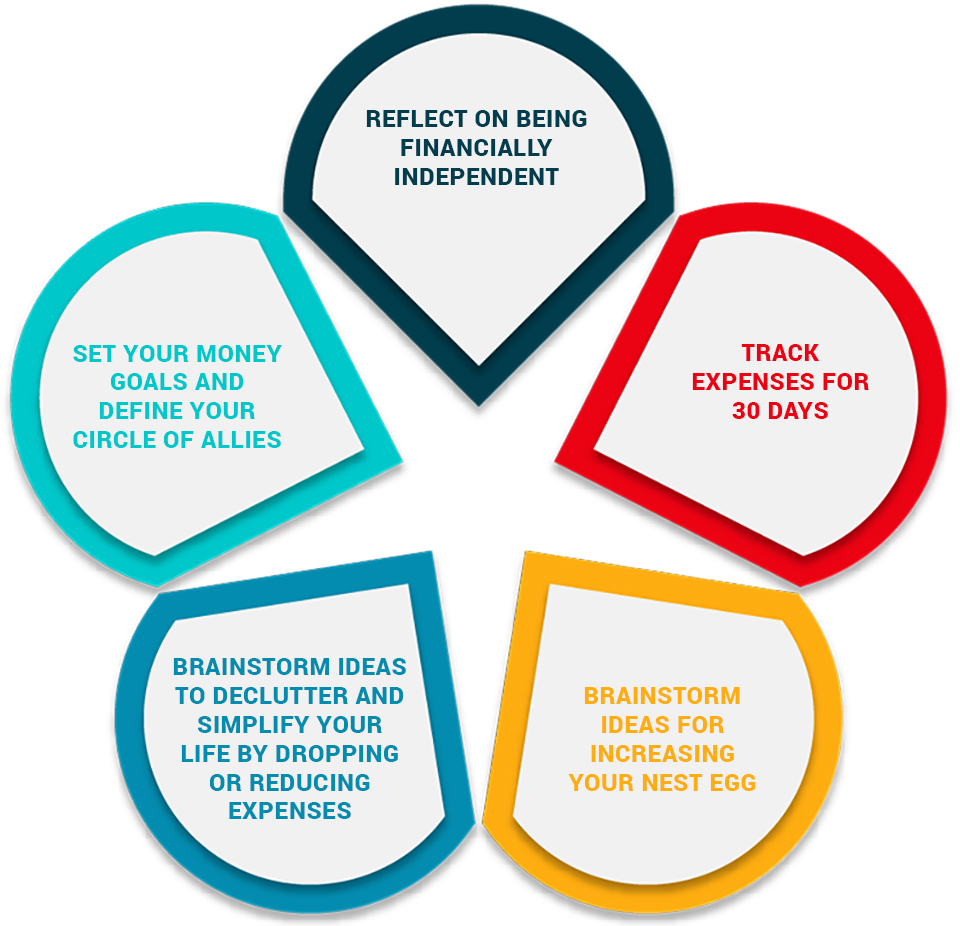
- Reflect on being financially independent
- Track expenses for 30 days
- Brainstorm ideas for increasing your nest egg
- Brainstorm ideas to declutter and simplify your life by dropping or reducing expenses
- Set your money goals and define your circle of allies
Three Tools for Success in Becoming Financially Independent
1. Goal Setting and Structure
Without a plan of action, you will achieve little. By creating a game plan for success, you establish a path, and the steps are clear. All that is required is a focus, the support that is provided by your circle of allies, and the desire and perseverance that can come only from you.
The structure is what keeps you on track, especially during times of challenge and discouragement. When the inevitable stumbling blocks appear, you must not only continue to put one foot in front of the other, you also have to know which foot goes first.
2. Circles of Support and Accountability
Without a supportive community, a person can become isolated, lonely, and discouraged. By surrounding yourself with allies — family members, friends, helpers, and colleagues who are willing and eager to see you succeed, the path to balance becomes joyful and easier. Your commitments to action are only as good as the actual work you do.
Your chances for accomplishing this work are increased significantly by having someone hold you accountable, check-in with you to find out what progress you are making, and offer a level of encouragement that is difficult to achieve on your own.
3. Reality Test
Each individual must operate from a high level of certainty and acceptance that the goal is achievable and worthwhile. Until you truly believe in your goal, the necessary passion and motivation required for success are missing. Can you believe in your own new reality?
From the book: Enough Money, Meaning & Friends ~ By Scott C. Miller
To learn more about Scott Miller, please see his website here.

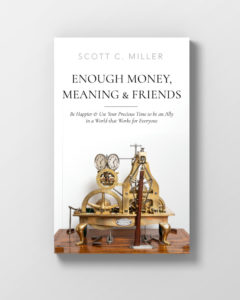
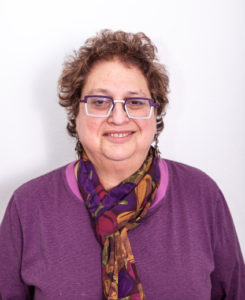
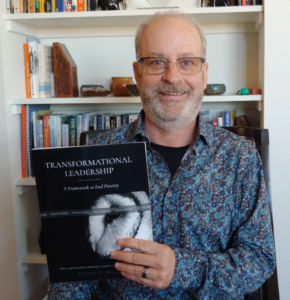 To be the change we want to see happen is the lynchpin of the Transformational Map. Dedication to personal growth fosters positive change in the world. How can I change my life so that it’s in alignment with my vision for the world? When we embrace transformation as our personal assignment, we inspire and equip others as well.
To be the change we want to see happen is the lynchpin of the Transformational Map. Dedication to personal growth fosters positive change in the world. How can I change my life so that it’s in alignment with my vision for the world? When we embrace transformation as our personal assignment, we inspire and equip others as well.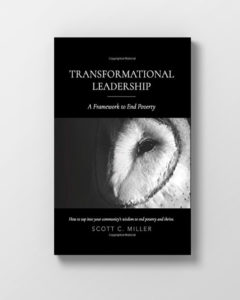
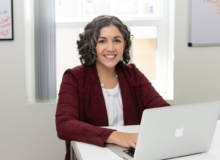
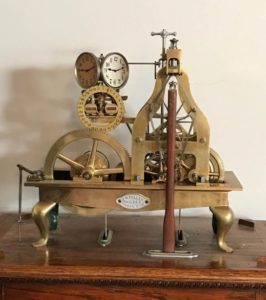 Recently, two people mentioned to me that there was not enough time to get things done. One of them said he was working seven days a week. How does this happen to us? Perhaps the shift to digital technology has pushed our overwork patterns to new levels?
Recently, two people mentioned to me that there was not enough time to get things done. One of them said he was working seven days a week. How does this happen to us? Perhaps the shift to digital technology has pushed our overwork patterns to new levels?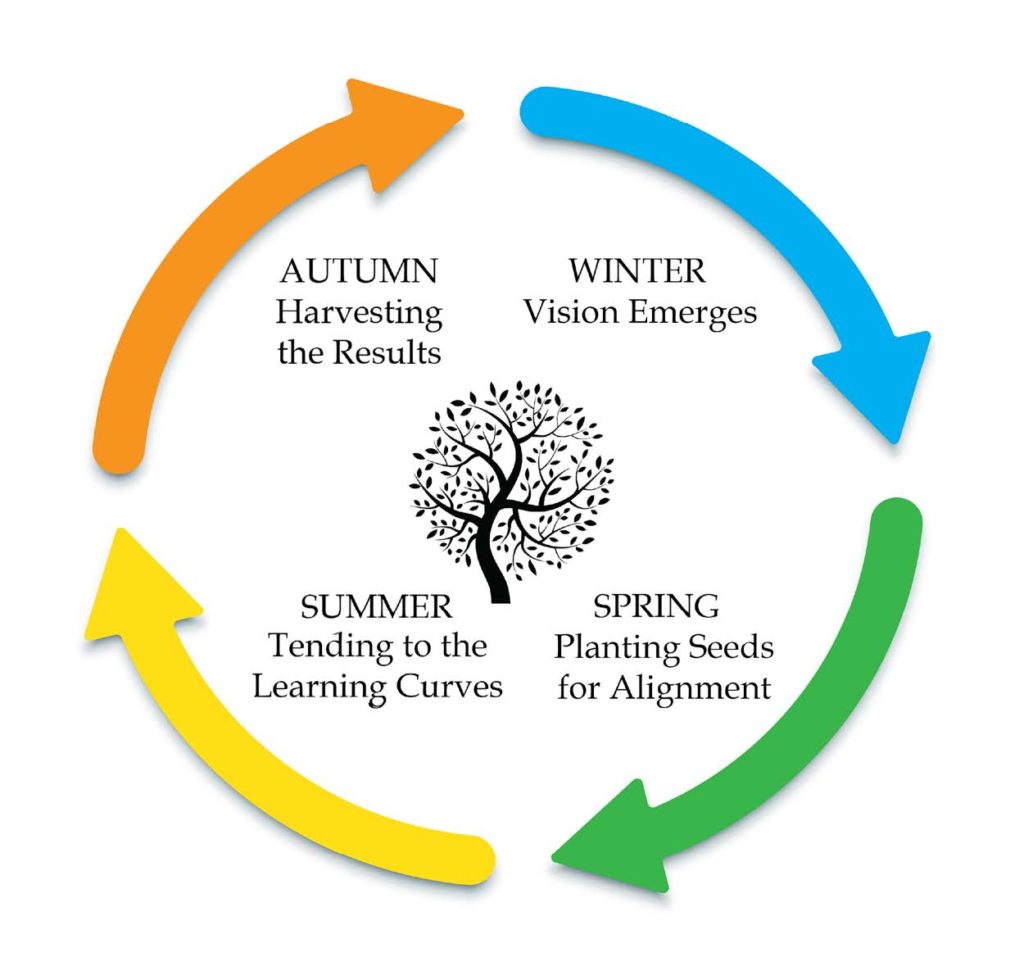 When we wish to change something in the world, there is often something in our own lives that we want to explore, assess, and change as well.
When we wish to change something in the world, there is often something in our own lives that we want to explore, assess, and change as well.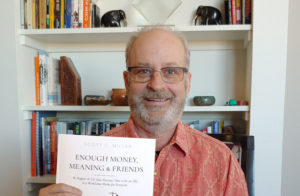
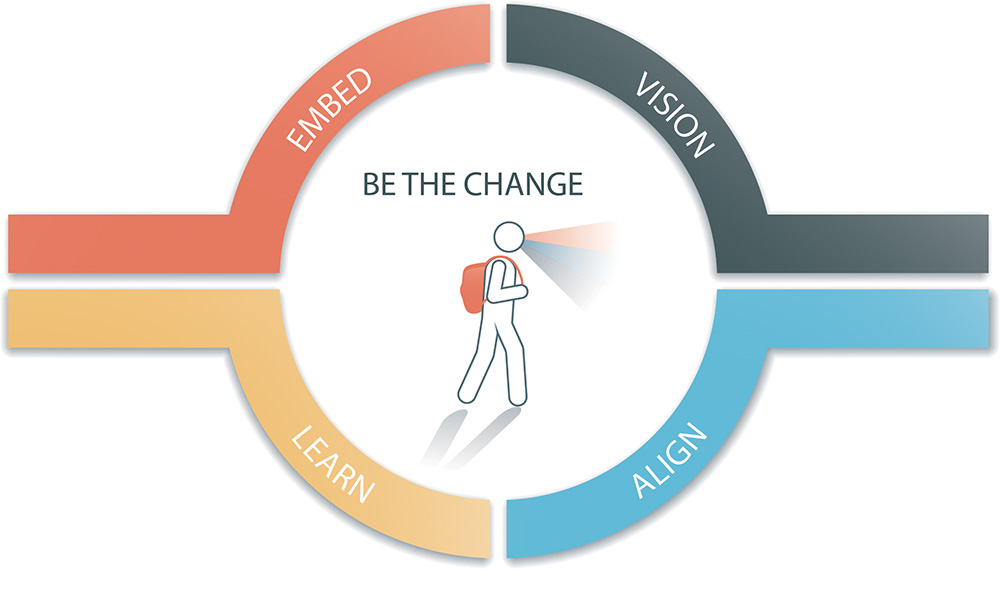
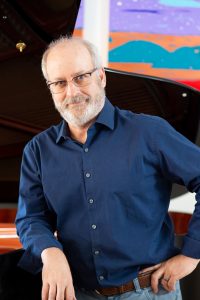
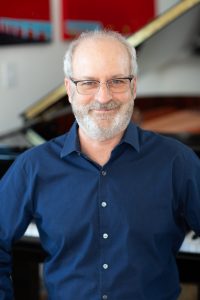 I was in New York City a few years ago having a conversation with a former United Nations ambassador about my first book, Until It’s Gone, Ending Poverty in our Nation,
in our Lifetime. He asked me several questions about my assumptions regarding the nature of poverty and about my work at Circles USA. After 30 minutes of dialogue, he
revealed what was really behind his questioning when he said to me, “Jesus said the poor will always be with us. Is ending poverty going against the Bible?”
I was in New York City a few years ago having a conversation with a former United Nations ambassador about my first book, Until It’s Gone, Ending Poverty in our Nation,
in our Lifetime. He asked me several questions about my assumptions regarding the nature of poverty and about my work at Circles USA. After 30 minutes of dialogue, he
revealed what was really behind his questioning when he said to me, “Jesus said the poor will always be with us. Is ending poverty going against the Bible?”